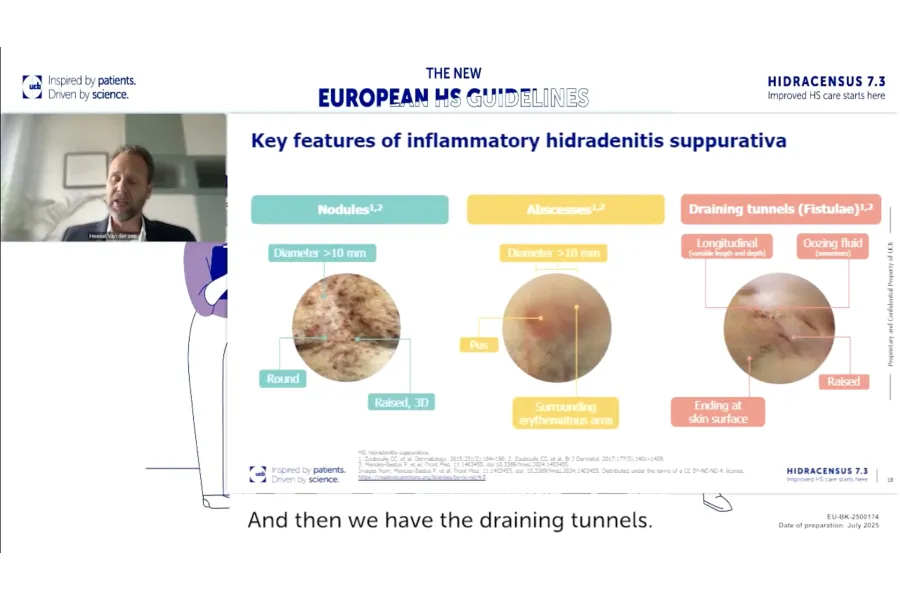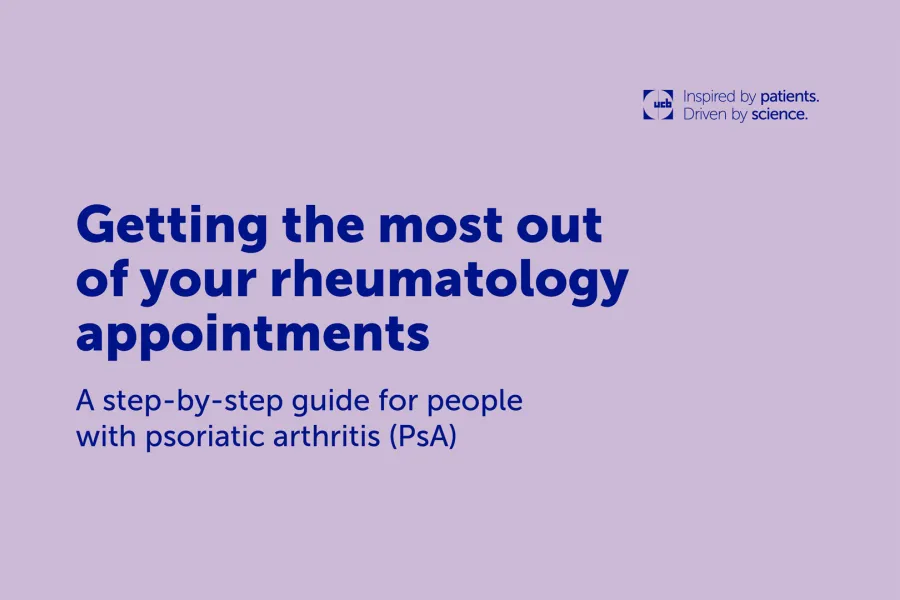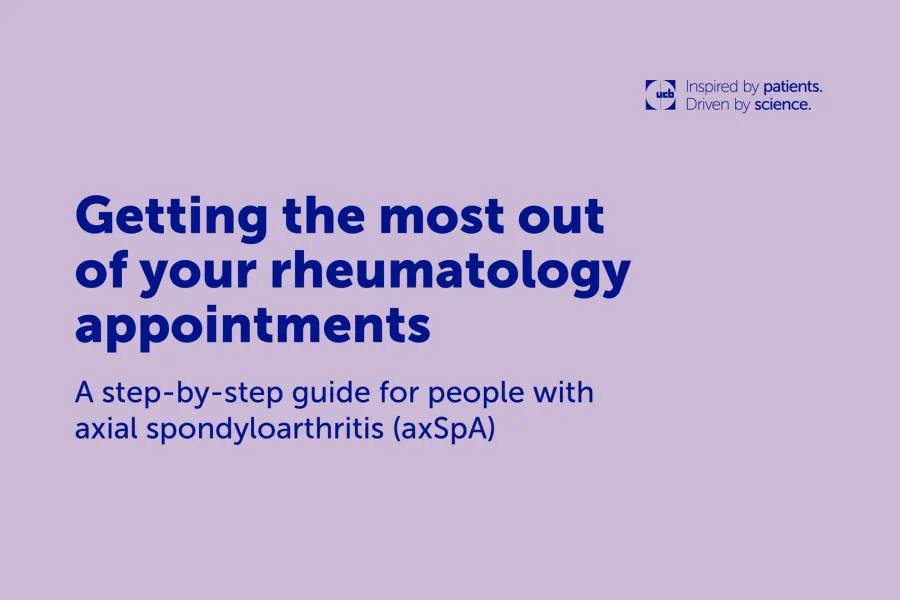
Explore the potential implications of biologic disease-modifying antirheumatic drug (bDMARD) molecular structure on placental transfer

Lucian Ionescu joined UCB in 2006, and since then, has contributed to building the immunology franchise through a track record of strategic and operational leadership roles, in Global Brand Leadership (Cimzia Pre/Launch and Commercial Implementation), Strategic Projects and Early Medicines (Bimzelx Early Development), Medical and Clinical Affairs, Global Corporate, in Europe and the United States. He built twice medical affairs organizations (Global and US), and acted as a global project leader for two launches, in rheumatology Cimzia NR axSpA and dermatology Cimzia PsO. Lucian combines passion for science with translation into patient value. He is versatile in understanding the commercial processes, marketplace dynamics, stakeholders, ecosystems, towards integration and decision-making for value creation holistically.
Lucian is a Medical Doctor (MD), and before joining UCB, has worked as a clinician in Romania, and as a scientist at University of Pennsylvania. Over his 22 yrs of professional career, he published in multiple scientific journals; he holds an MBA from Vlerick Business School, a top-100-business school, and executive degrees from Wharton, MIT, Insead and IMD (Executive Management, Artificial Intelligence and Business Strategy).
Since Sep 2019, Lucian leads the European Immunology Commercial Operations at UCB, and is responsible for evolving the business from one biologic/one therapeutic area to a portfolio of biologics across three therapeutic areas (rheumatology, dermatology, osteoporosis). Passionate about Digital Business Transformation, he and the team aspire to partner internally and externally towards contributing to digitizing and optimizing the health care system, while benefiting patients of innovative medicines across Europe during the next few years.

Dr van der Zee and Prof. Arenbergerová explore holistic treatment of HS through medical, surgical and combined approaches
Explore the potential implications of biologic disease-modifying antirheumatic drug (bDMARD) molecular structure on placental transfer

Empower patients with PsA with this interactive guide to help them confidently prepare for appointments and support shared decision-making

Empower patients with axSpA with this interactive guide to help them confidently prepare for appointments and support shared decision-making
Support patients with this wound care guide including practical tips, dressing pros/cons and guidance for routine HS lesions
Master the new S2k HS guidelines. Download this quick guide for key updates and printable treatment algorithms to optimise patient care